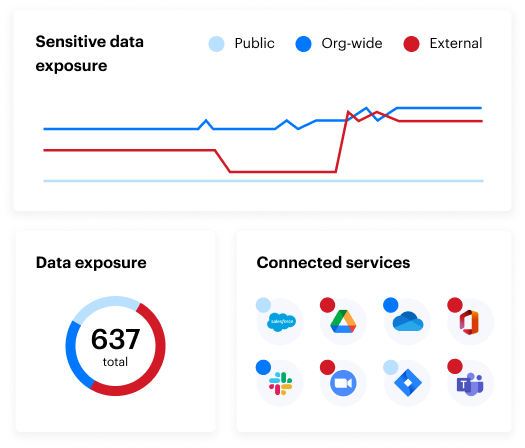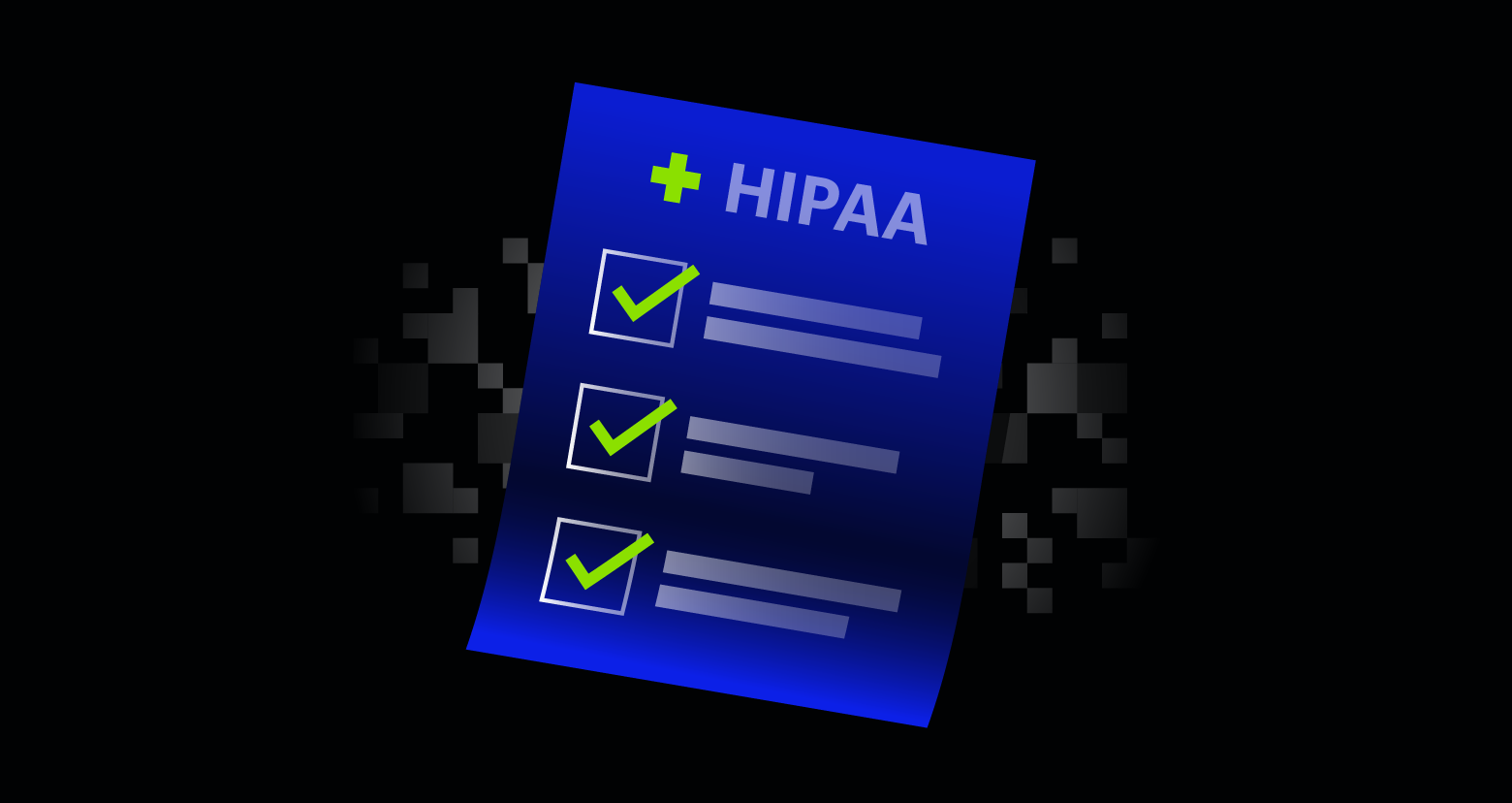India’s Digital Personal Data Protection (DPDP) Act officially went into effect on September 28, 2025, marking a major milestone in global data privacy. As one of the world’s largest digital economies, India’s move to enforce comprehensive personal data protection sends a clear message: data security is no longer optional — it’s foundational.
Why the DPDP matters globally
The DPDP Act is designed to safeguard personal data while enabling lawful data processing and applies to any organization operating in India or handling the data of Indian citizens, regardless of the organization's location. This means that global companies now face new responsibilities and risks when it comes to collecting, storing, and using personal data.
Unlike previous drafts, the final version of the DPDP Act treats all personal data equally, eliminates criminal penalties, and introduces steep financial consequences for non-compliance — up to ₹250 crores (~$30 million USD). It also empowers individuals to access, correct, and withdraw their consent for their data, and mandates that organizations respond to breaches and data subject requests in a timely and transparent manner.
To comply with DPDP, organizations must:
- Know where personal data resides across their environment
- Limit access to only those who need it
- Monitor for abnormal behavior and potential threats
- Respond quickly to data subject access requests (DSARs)
- Demonstrate that data processing has ceased when consent is withdrawn

Stay ahead of compliance with data-centric security
The DPDP Act prioritizes data security. Organizations need to know where sensitive data resides, who can access it, and how it’s being used to ensure compliance. This is not something that can be managed manually, especially at scale.
Varonis helps organizations comply with the DPDP Act by automatically classifying sensitive personal data, which limits exposure and improves overall data security posture. Our Data Security Platform automatically discovers sensitive data across cloud and on-prem environments, flags overexposure, and removes excessive permissions to enforce least privilege access. Varonis continuously monitors data, updating access maps and scanning modified folders to provide ongoing visibility and help organizations stay ahead of risk — not just react to it.
When it comes to responding to DSARs, Varonis can surface personal information across environments with precision, helping companies avoid false positives and the fines that come with them.
Reduce your risk without taking any on
The DPDP requirements mean more than checking a box on a compliance list; it demands a proactive approach to data security.
Can your organization comply with the DPDP? Get started with a free Data Risk Assessment.
In less than 24 hours, you’ll have a clear, risk-based view of the data that matters most and a clear path to automated remediation. Even if you decide Varonis is the right fit for you, the findings are yours to keep, not strings attached.
What should I do now?
Below are three ways you can continue your journey to reduce data risk at your company:
Schedule a demo with us to see Varonis in action. We'll personalize the session to your org's data security needs and answer any questions.
See a sample of our Data Risk Assessment and learn the risks that could be lingering in your environment. Varonis' DRA is completely free and offers a clear path to automated remediation.
Follow us on LinkedIn, YouTube, and X (Twitter) for bite-sized insights on all things data security, including DSPM, threat detection, AI security, and more.
-1.png)





